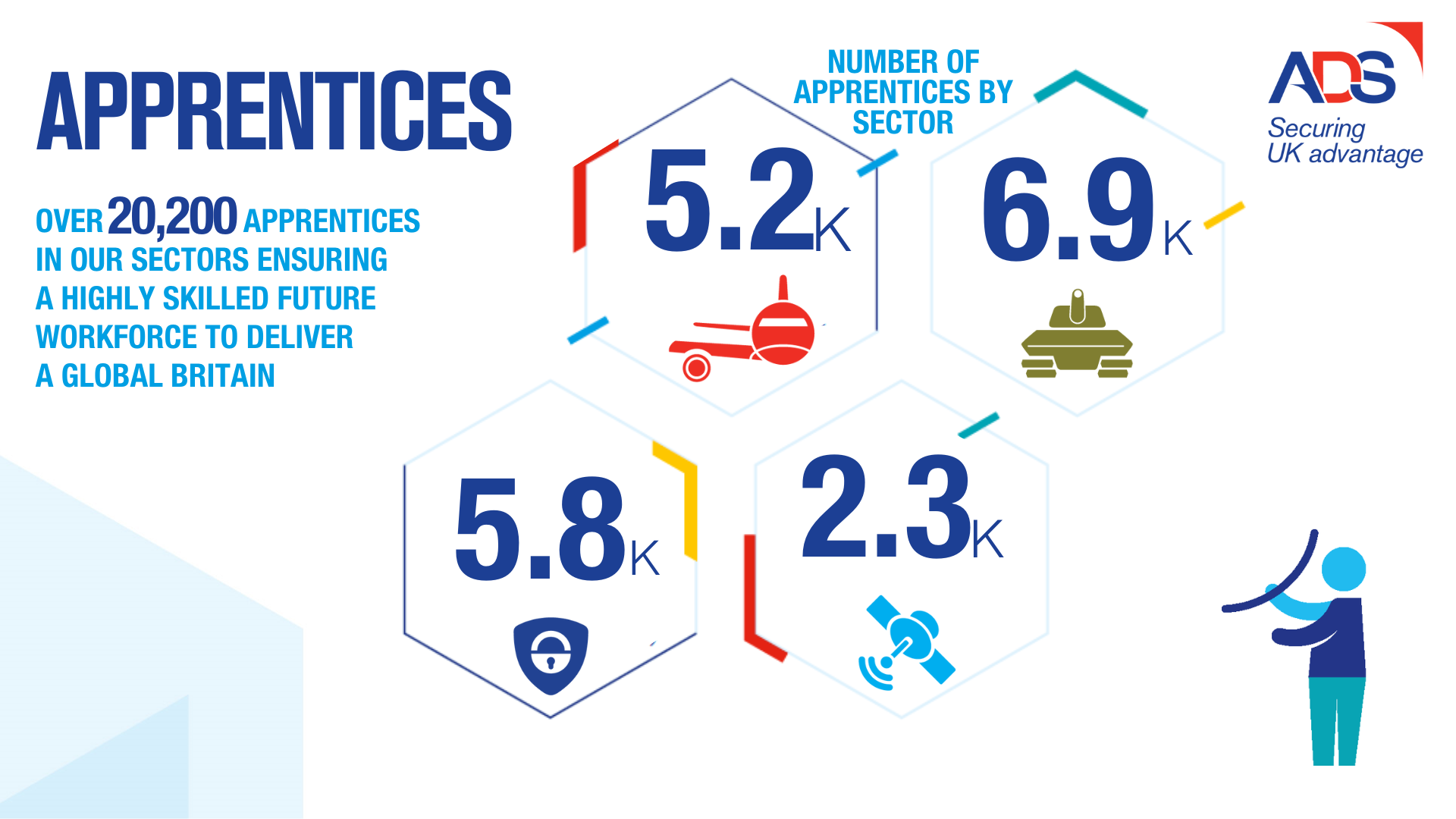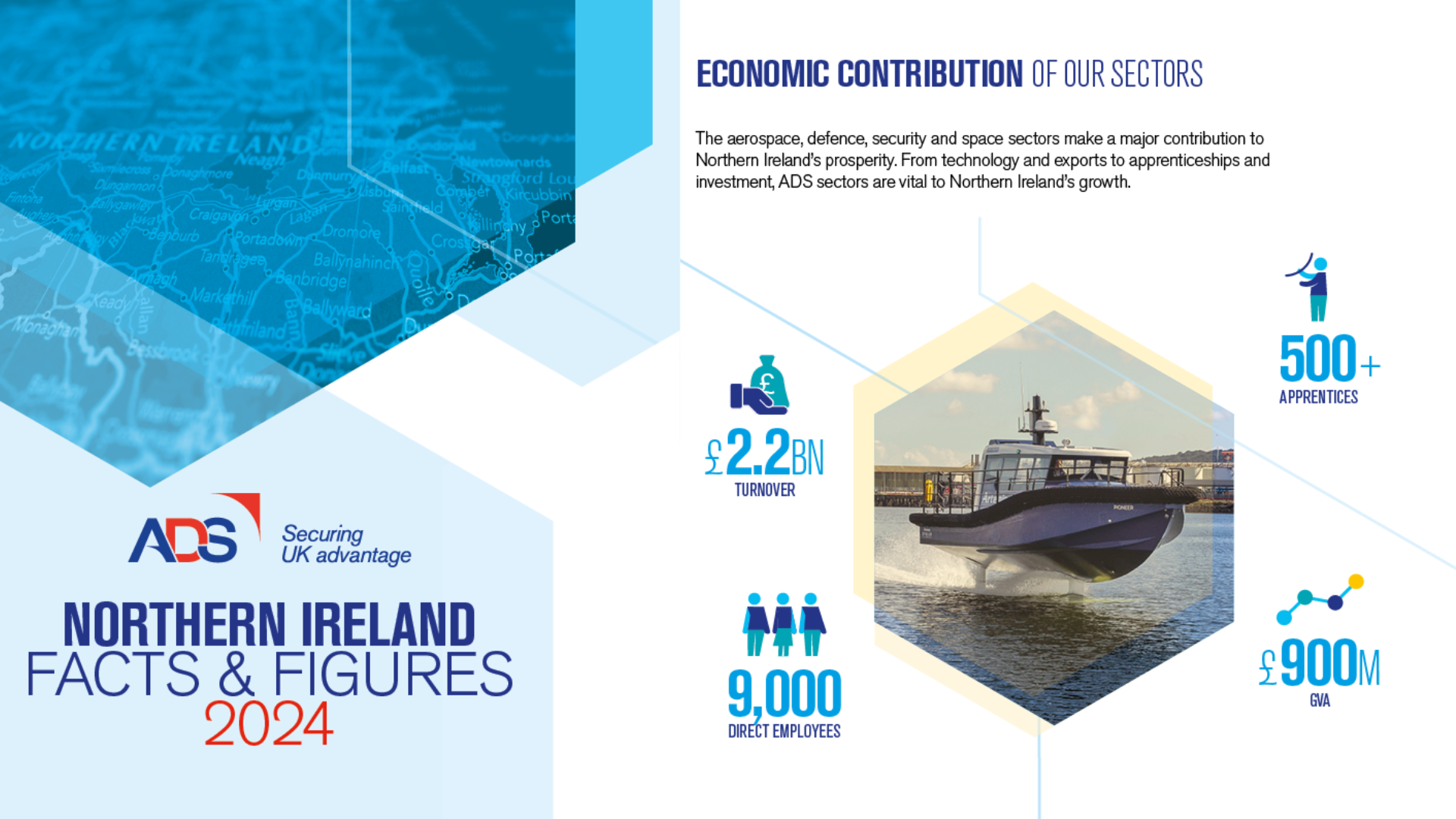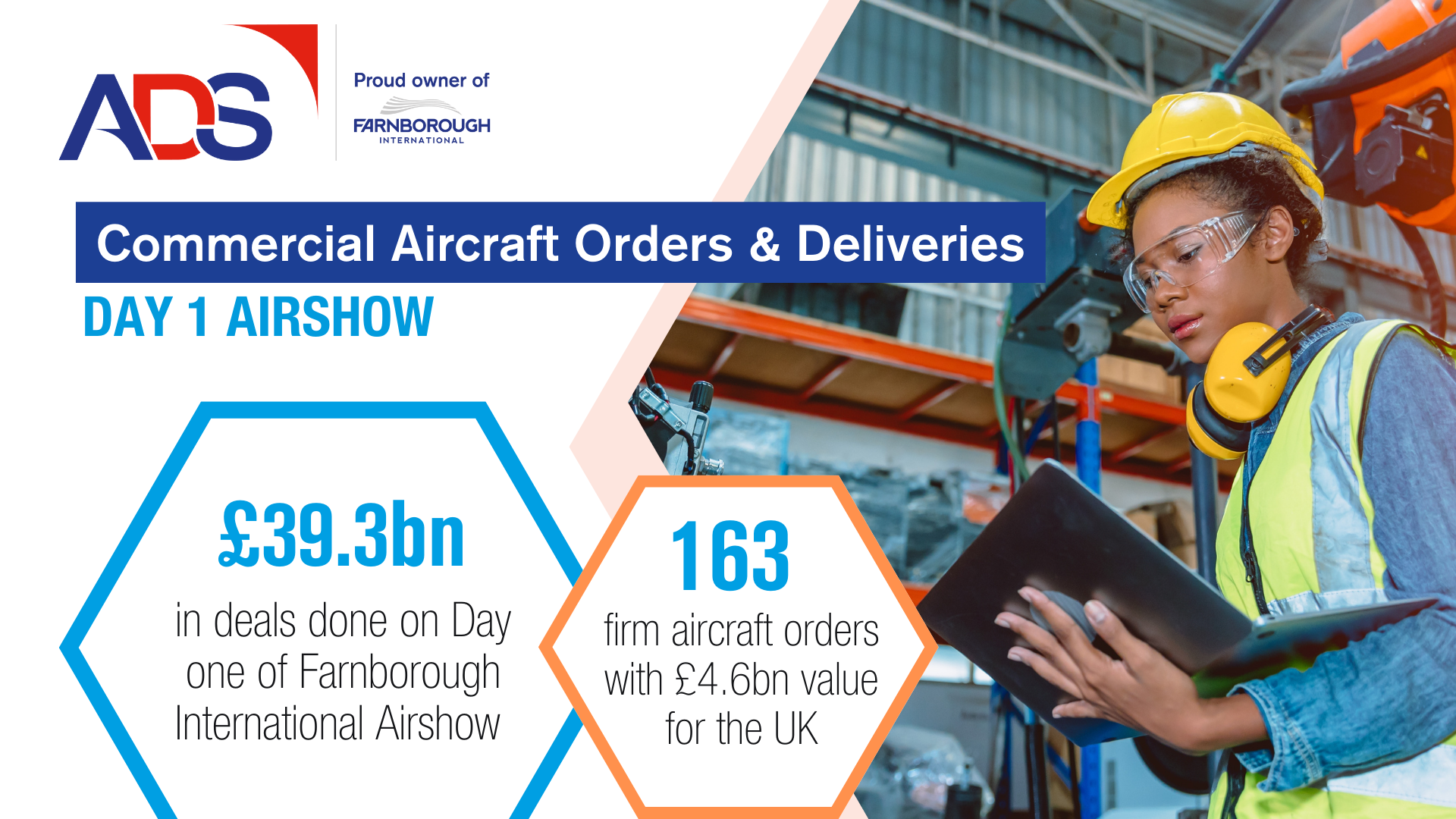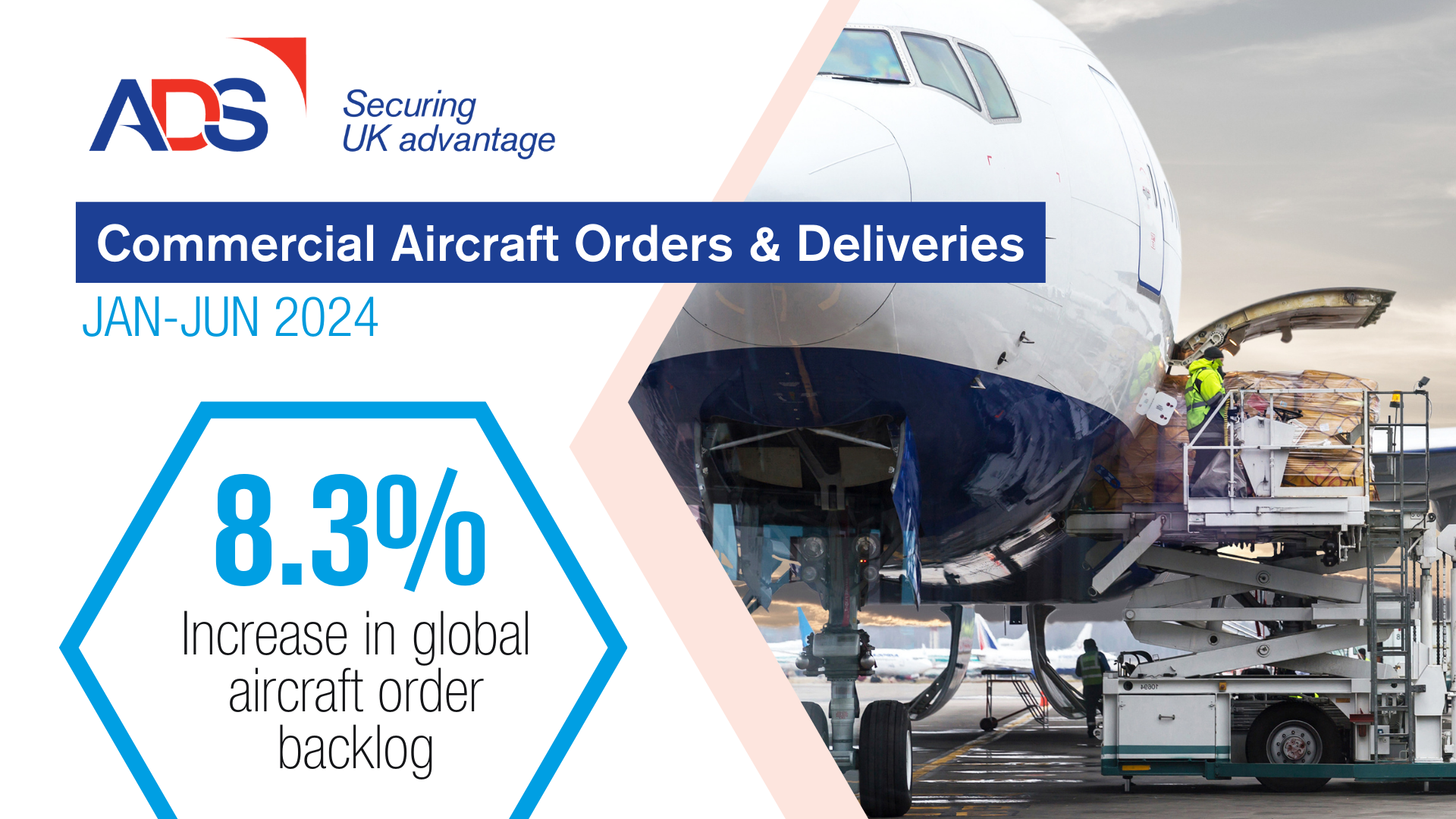
ADS was invited to attend Enginuity’s Skills Awards 2023 last month. This important annual celebration shines a light on the people and organisations whose commitment to engineering and manufacturing skills is helping to safeguard the future of our industries.
Engineering advocate, Kate Bellingham, did an excellent job of keeping the evening flowing, and the keynote address from Enginuity Board Member Dame Judith Hackitt DBE reinforced why these awards are so important in showcasing high achievers and role models, some of whom have had to overcome adversity to succeed.
The evening offered an opportunity to reflect on our sectors’ contribution to delivering high quality apprenticeships and wider skills opportunities and we were delighted to see some of our members shortlisted for prestigious awards – as well as a fair few winners! These included:
- Large Employer Apprentice of the Year
- Winner: Kaylee Mcisacc – BAE Systems
- Finalist: Ben Love – Siemens Digital Industries
- Finalist: Hollie Keenan – BAE Systems
- Graduate/Degree Apprentice of the Year
- Finalist: Alexia Williams – Rolls-Royce
- Finalist: Jacob Sheldon – Rolls-Royce
- Apprentice Employer of the Year
- Winner: BAE Systems
- Finalist: Airbus
- Finalist: Babcock
- Skills innovation of the Year
- Finalist: Atkins Global
- Diversity and Inclusion
- Winner: BAE Systems
- Finalist: Siemens
You can view more on the awards here including a gallery of images.
Why do we value apprenticeships so much?
The calibre of apprentices receiving Enginuity awards was exceptionally high, offering a glimpse into who our future leaders could possibly be. Raytheon’s CEO, Jeff Lewis, is an example of how an apprentice can achieve senior leadership success in our sectors.
Apprenticeships are increasingly important in combatting the critical skills challenges we face. In aerospace, for example, there is a commitment in the Aerospace Growth Partnership Strategy to deliver up to 25,000 total new apprenticeships between 2022 and 2030.
We’re proud that across the aerospace, defence, security and space sectors more than 20,200 apprentices are currently employed.
Solving the critical skills challenge will improve UK productivity, prepare the country for the challenges of the future, including net zero, the rapidly evolving space domain and ensuring our national security. Reforms to the Apprenticeship Levy are essential so that it can be better used for increasing apprenticeship uptake and for retraining and upskilling the existing workforce.
There is always more that can be done as we look to encourage people into our sectors to deliver the essential projects that secure UK advantage. And, with evidence highlighting that young people’s perceptions of engineering are strongly associated with their parents’ opinion of engineering, we can all play our part.







